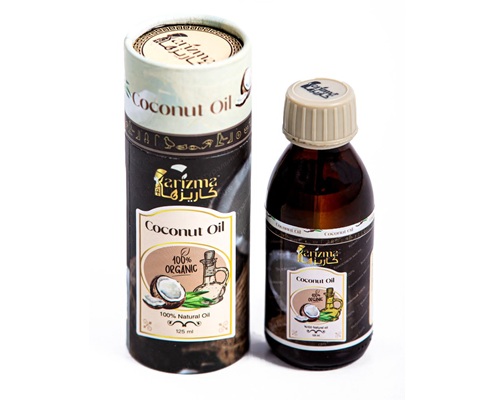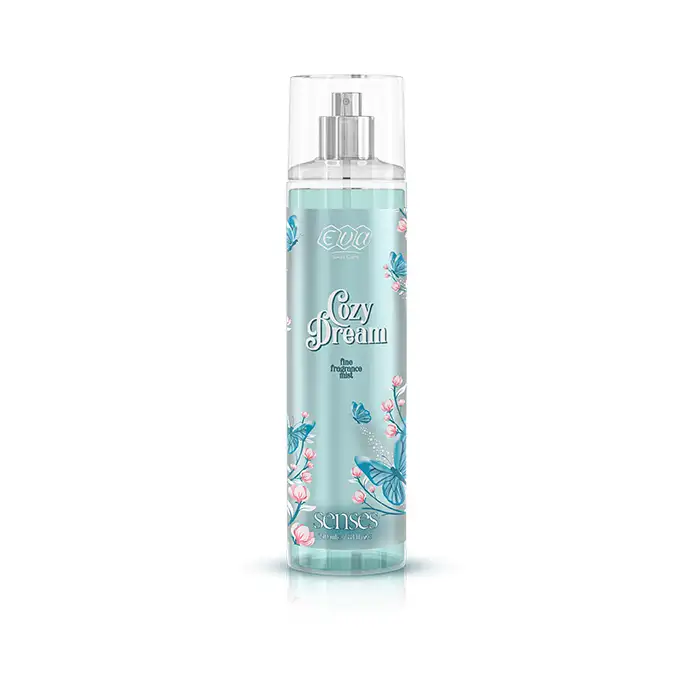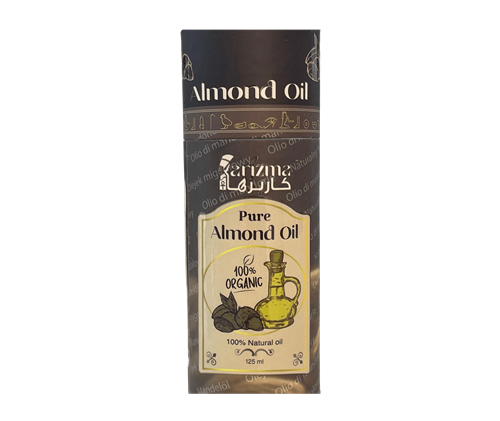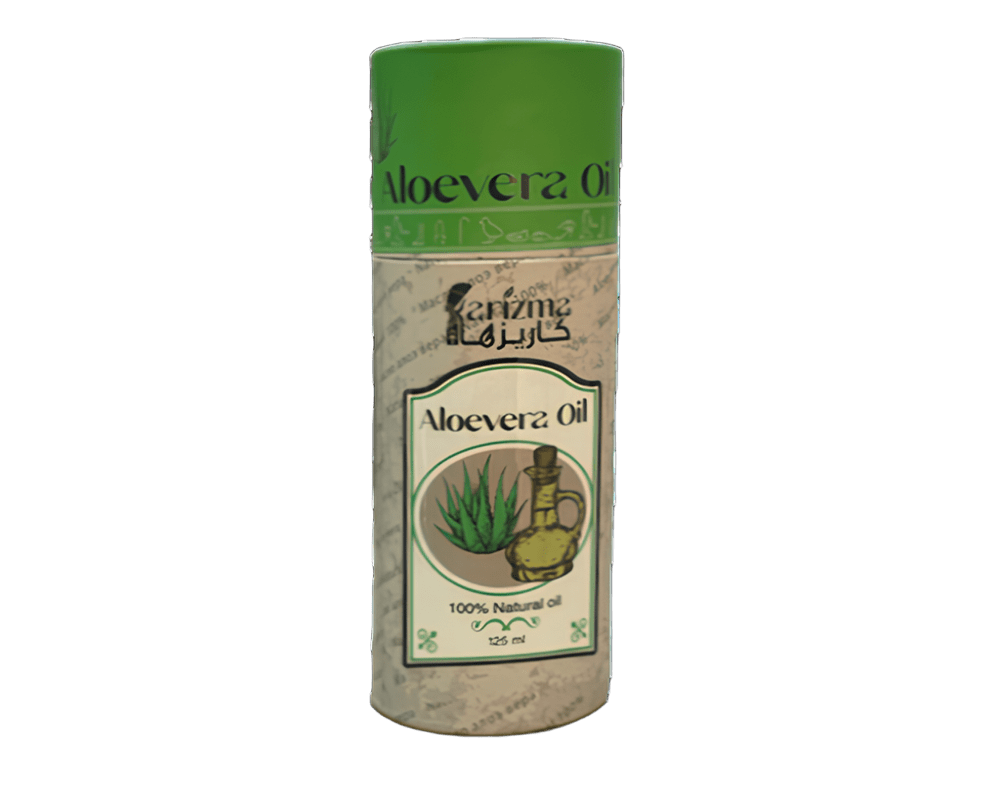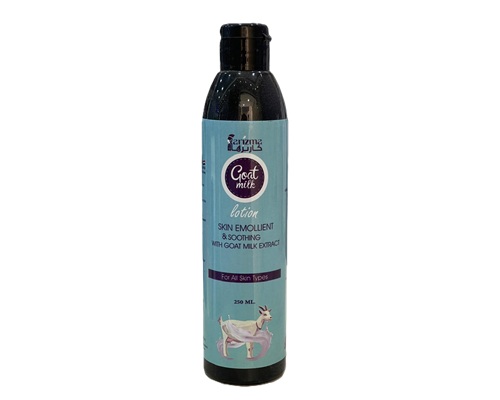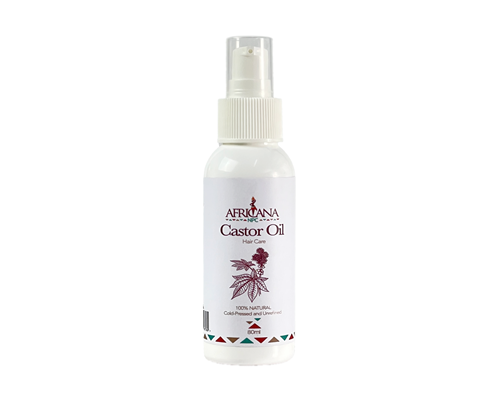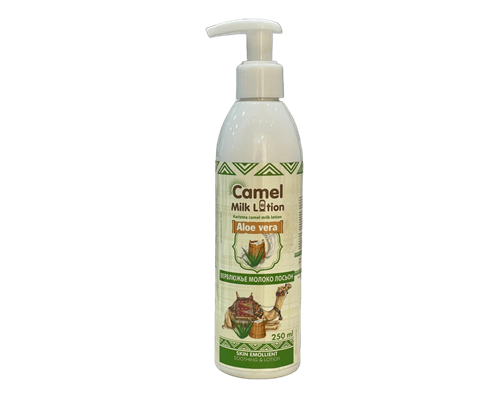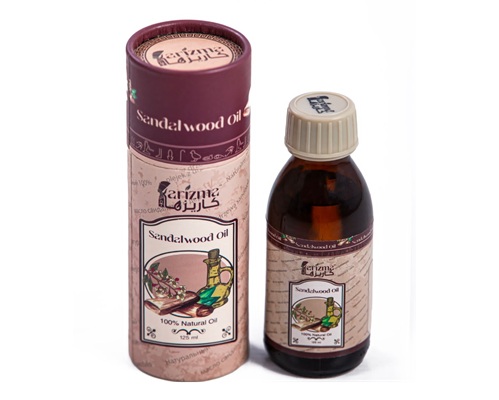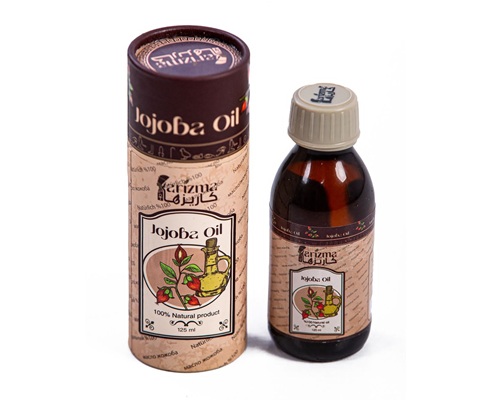Description
Coconut oil is a versatile, natural oil extracted from the meat (flesh) of mature coconuts. It has been a staple in tropical regions for centuries, known for its rich, moisturizing, and healing properties. Coconut oil comes in two main forms: virgin coconut oil (unrefined) and refined coconut oil. Virgin coconut oil is made from fresh coconut meat and retains more nutrients and flavor, while refined coconut oil is processed and has a milder taste and higher smoke point.
Key Characteristics:
- Appearance: Coconut oil is typically white and solid at room temperature (below about 76°F or 24°C) but melts into a clear, liquid oil when warmed.
- Composition: It is rich in saturated fats, primarily medium-chain triglycerides (MCTs) like lauric acid, caprylic acid, and capric acid. These fats are known for their potential health benefits.
- Aroma: Virgin coconut oil has a distinct coconut scent, while refined coconut oil is usually odorless or has a very mild scent.
Common Benefits:
-
Moisturizing: Coconut oil is an excellent natural moisturizer due to its fatty acids. It’s often used in skin care products to hydrate and soften dry skin. It’s also commonly used for lip care and as a body lotion.
-
Hair Care: Coconut oil helps to nourish and condition the hair. It can penetrate the hair shaft better than many other oils, helping to reduce protein loss, prevent breakage, and add shine. It’s often used to treat dry, damaged hair and as a scalp treatment for dandruff.
-
Antibacterial and Antifungal: Thanks to the presence of lauric acid, coconut oil has strong antimicrobial properties. It can help protect against harmful bacteria and fungi, making it a useful remedy for various skin conditions like acne, eczema, and fungal infections like athlete’s foot.
-
Anti-inflammatory: Coconut oil’s anti-inflammatory properties can help reduce irritation and inflammation, making it beneficial for soothing irritated skin or minor wounds.
-
Digestive Health: When consumed, coconut oil can support gut health. The MCTs may help improve digestion, balance gut bacteria, and boost metabolism.
-
Weight Management: Some studies suggest that the MCTs in coconut oil may support weight loss by increasing feelings of fullness and boosting fat burning, though more research is needed in this area.
Uses:
- Skin Care: It’s used for dry skin, as an after-sun moisturizer, and in body scrubs or lotions. Some people use it as a natural makeup remover.
- Hair Care: It can be used as a deep conditioning treatment, split-end repair oil, or scalp massage.
- Cooking: Coconut oil has a high smoke point (about 350°F or 177°C for virgin coconut oil), making it suitable for sautéing, baking, and frying. It imparts a mild coconut flavor to dishes, but refined coconut oil has a neutral taste.
- Dental Care: Known as “oil pulling,” coconut oil is sometimes used as a mouthwash to promote oral hygiene by reducing harmful bacteria in the mouth.
Coconut oil is highly versatile, widely available, and praised for its ability to nourish skin, hair, and body both inside and out. However, since it is high in saturated fats, it’s best to use it in moderation, especially if you’re using it in cooking or skincare.

